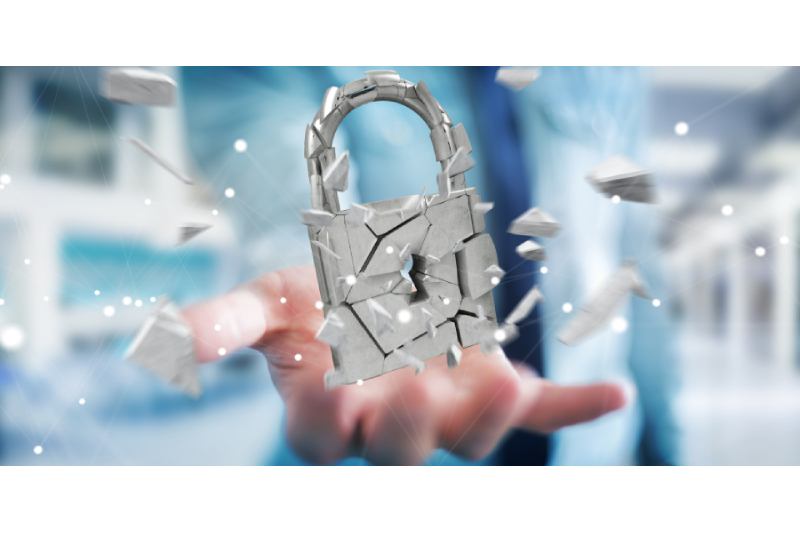Business
Five Indicators Of A Phishing Email

Cybercriminals send an estimated 3.4 billion emails per day that are spoofing emails from reliable senders. In a perfect world, every email you got would be reliable. Regretfully, con artists are constantly bombarding you with phishing emails in the real world in an attempt to steal your name and money.
1. The Wording is Frantic and Alarmist
You can receive a warning that if you don’t reply right away, something terrible will happen (such you’ll be charged or lose access to a crucial account) or you’ll pass on a fantastic deal or prize. The con artists hope that by giving the impression that there isn’t much time left to correct a mistake or claim a prize, you won’t second-guess your actions.
2. The Message Is Unclear or of Low Quality
Reputable businesses would never begin an email with a salutation as bland as “Hello.” In a similar vein, typographical errors and poor grammar should raise red flags. Spelling and grammar errors in an email are a dead giveaway that the sender is not using Grammarly or Word’s spellcheck; since it is highly unlikely that legitimate businesses would not proofread official correspondence, repeated or glaring errors should always alert you to the possibility that something is wrong.
3. It Is Odd That The Sender Address or Domain Name
The email address should match the corporate name (e.g., @paypal.com) if the message appears to be from a reputable corporation (e.g., Paypal). Reputable businesses will never interact with you via an email address like Gmail (@gmail.com).
If the spelling of the domain name is incorrect, this should be immediately concerning. A scammer may have created a copycat address that slightly varies from the genuine company name in the hope that you won’t check too closely.
4. Most frequently, scammers target one of the following:
- Your SSN
- Your bank account information
- The numbers on your cards
- Your details for communication
Give this information elsewhere online if you are unsure. If the sender asks for your bank details before sending you money, you should be wary of their intentions.
5. There Are Unknown Links or Attachments In The Email
If an attachment has an odd file name or extension, don’t open it. Selecting “.exe” will launch a software application on your device, while selecting “.zip” will unzip files onto your computer.
These attachments may include malware or computer viruses, and dubious links may lead to phony online portals. Reputable businesses are more willing to supply additional papers via platforms like Dropbox.
Additionally, you should be wary of ambiguous and unexpected emails that seem to be from reputable businesses, law enforcement, your bank, or the government, as well as any that make extravagant claims like free trips or expensive goods.
-

 Sports4 weeks ago
Sports4 weeks agoAl Ahly vs Inter Miami, 2025 FIFA Club World Cup – Preview, Prediction, Predicted Lineups and How to Watch
-
Health3 weeks ago
Back to Roots: Ayurveda Offers Natural Cure for Common Hair Woes
-

 Tech3 weeks ago
Tech3 weeks agoFrom Soil to Silicon: The Rise of Agriculture AI and Drone Innovations in 2025
-

 Startup4 weeks ago
Startup4 weeks agoHow Instagram Is Driving Global Social Media Marketing Trends
-

 Sports3 weeks ago
Sports3 weeks agoFIBA 3×3 World Cup 2025: Full Schedule, Preview, and How to Watch
-

 Science4 days ago
Science4 days agoJuly Full Moon 2025: Everything You Should Need to Know, When and Where to See Buck Moon
-

 Gadget3 weeks ago
Gadget3 weeks agoThings to Know about Samsung Galaxy S26: What’s New and What’s Next
-

 Sports4 weeks ago
Sports4 weeks agoWorld Judo Championships 2025: Full Schedule, Date, Time, Key Athletes and How to Watch

























